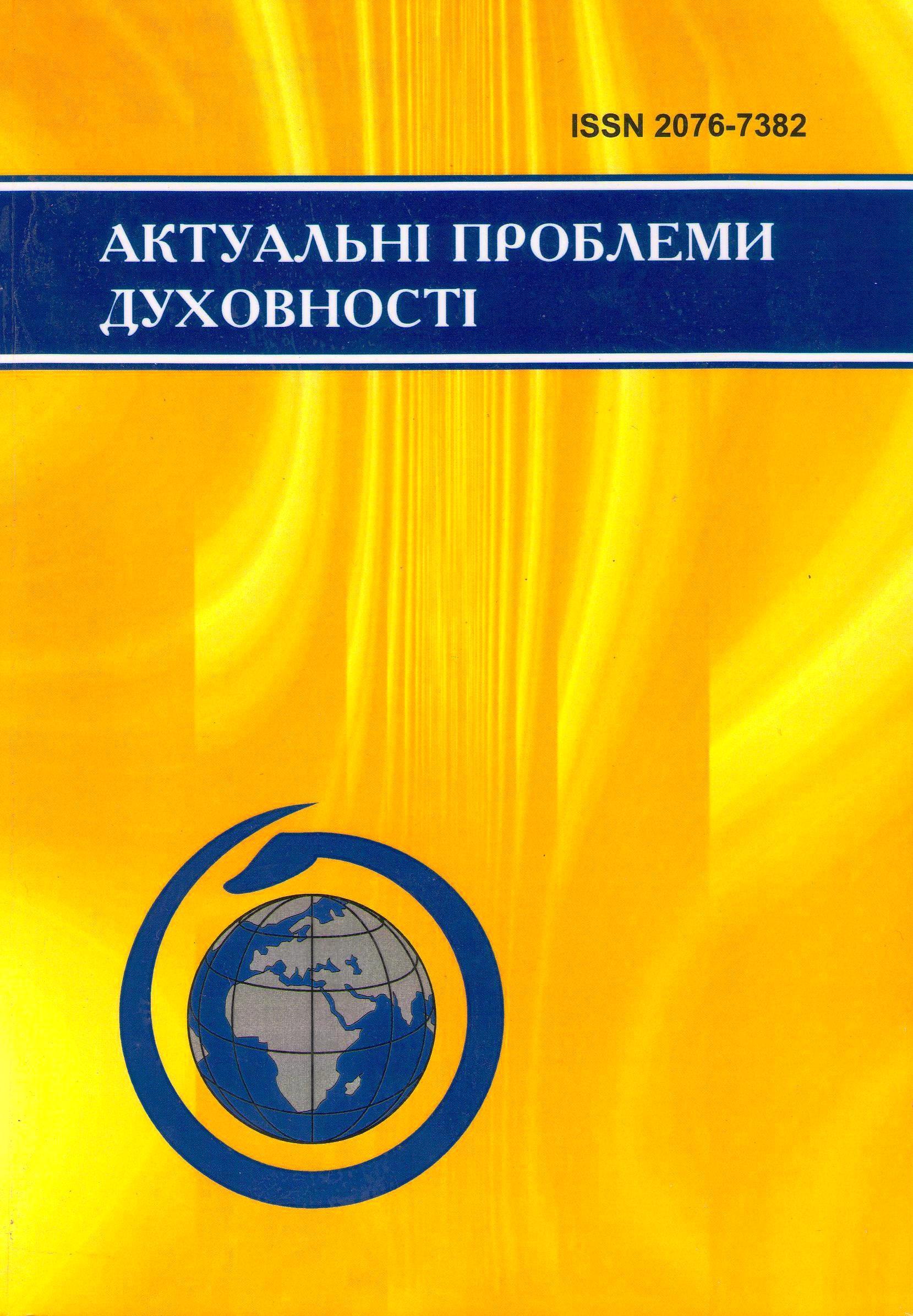The burden of the historian and the dignity of the historical sciences in Hayden White’s philosophy of history
DOI:
https://doi.org/10.55056/apm.7726Keywords:
“the burden of history”, historical narrative, science, art, historianʼs responsibilityAbstract
The paper is devoted to the main ideas of the important work of the American history theorist Hayden White - The Burden of History, which is extremely interesting both from the point of view of the evolution of White’s own philosophical and methodological approach to the study of history, and from the point of view of the development of the modern theory of history within the framework of analytical philosophy. The author aims to put into context the methodological struggles of the philosophy of history in the mid-twentieth century, which became preconditions for writing this significant work for the development of modern philosophy of history. It should be noted that for the broader academic community, White’s article still often remains in the shadow of his better-known work Metahistory: The Historical Imagination in Nineteenth-Century Europe (1973), which is not surprising given the theoretical and practical value and weight of this fundamental work. However, it should be highlighted that White’s intention to radically rethink the conceptual and methodological tools of historical science and its role in society was clearly declared in his work The Burden of History, published in 1966.
The paper emphasizes that the social and political competence of citizens, obtained through knowledge of history, implies the ability to make reasoned decisions, taking into account the consequences of their decisions and actions. This ability is crucial for the functioning and survival of democratic societies. In this context, the proposed translation of White’s The Burden of History becomes extremely relevant. White draws attention to the important conceptual and methodological problems of modern historical studies: commitment to the “traditional” practices of nineteenth-century historiography, orientation to the models of science and art of the century before last, and conservatism in relation to new methodological approaches of modern philosophy of science, literature and art theory. White argues that history should be a space for “methodological cosmopolitanism” and should not be afraid to actively engage methods and approaches from other fields of knowledge, especially from other social sciences and humanities. The methodological ambiguity of history, which is its natural property, opens up opportunities for it that no other discipline has. Historical science is a full-fledged science at the level of “research” and is also capable of productively combining the methods of science and representation techniques from literature and art at the level of its “organization and representation”.
In addition, the main motive of White’s proposed article is to emphasize the second important function of historical science along with the study of the past, namely, the constant rethinking of how the past can be used to make an ethically responsible transition from the present to the future, free from the “burden of history” (negative patterns of behavior, such as aggression in foreign policy toward neighboring countries, traumatic historical experience in connection with such aggression, etc.). Historians play a decisive role in this process of liberating societies from this kind of consequences of the past - “the burden of history”. Therefore, along with the principles of scientific objectivity and truth, we must seriously and consciously accept the principle of ethical responsibility of the historian, which means realizing of the “humanizing effect” of studying history.
Downloads
References
References
Domanska E. Istoriia ta suchasna humanitarystyka: doslidzhennia z teorii znannia pro mynule. Kyiv: Nika-Tsentr, 2012.
Karnap R. Podolannia metafizyky lohichnym analizom movy. Aktualni problemy dukhovnosti: zb. nauk. prats. Vyp. 24. Kryvyi Rih. 2023. S. 119-139.
Karnap R., Han H., Neirat O. Naukove svitorozuminnia - Videnskyi hurtok. Aktualni problemy dukhovnosti: zb. nauk. prats. Vyp. 13. Kryvyi Rih. 2012. S. 97-114.
Riuzen Y. Novi shliakhy istorychnoho myslennia. Lviv: Litopys, 2010.
Collingwood R.G. The Idea of History. Oxford: Clarendon Press, 1946.
Danto A.C. Narration and Knowledge. New York: Columbia University Press, 2007.
Dray W. “Explaining What” in History. In Theories of History. Edited by Patrick Gardiner. New York: Free Press. 1959. pp. 403-408.
Domanska E. A Conversation with Hayden White. Rethinking History. The Journal of Theory and Practice. 2008. 12:1. P. 3-21.
Ghasemi M. Revisiting History in Hayden White’s Philosophy. SAGE Open. 2014. Vol. 4 (3). P. 1-7.
Goldstein L. Historical Knowing. Austin and London: University of Texas Press, 1976.
Hempel C.G. The Function of General Laws in History. The Journal of Philosophy. 1942. Vol. 39. № 2. Р. 35-48.
O’sullivan L. Leon Goldstein and the Epistemology of Historical Knowing. History and Theory. 2006. № 45. P. 204-228.
White H. The Burden of History. History and Theory. 1996. Vol. 5. № 2. P. 111-134.
White H. History as Fulfillment. // Philosophy of History After Hayden White. Edited by Robert Doran. London and New York: Bloomsbury Academic, 2013. P. 35-45.
White H. Metahistory. The Historical Imagination in Nineteenth-Century Europe. Baltimore and London: The Johns Hopkins University Press, 1973.
White H. The Practical Past. Evanston: Northwestern University Press, 2014.
Downloads
Published
Issue
Section
License
Copyright (c) 2024 Олена Мішалова

This work is licensed under a Creative Commons Attribution 4.0 International License.





